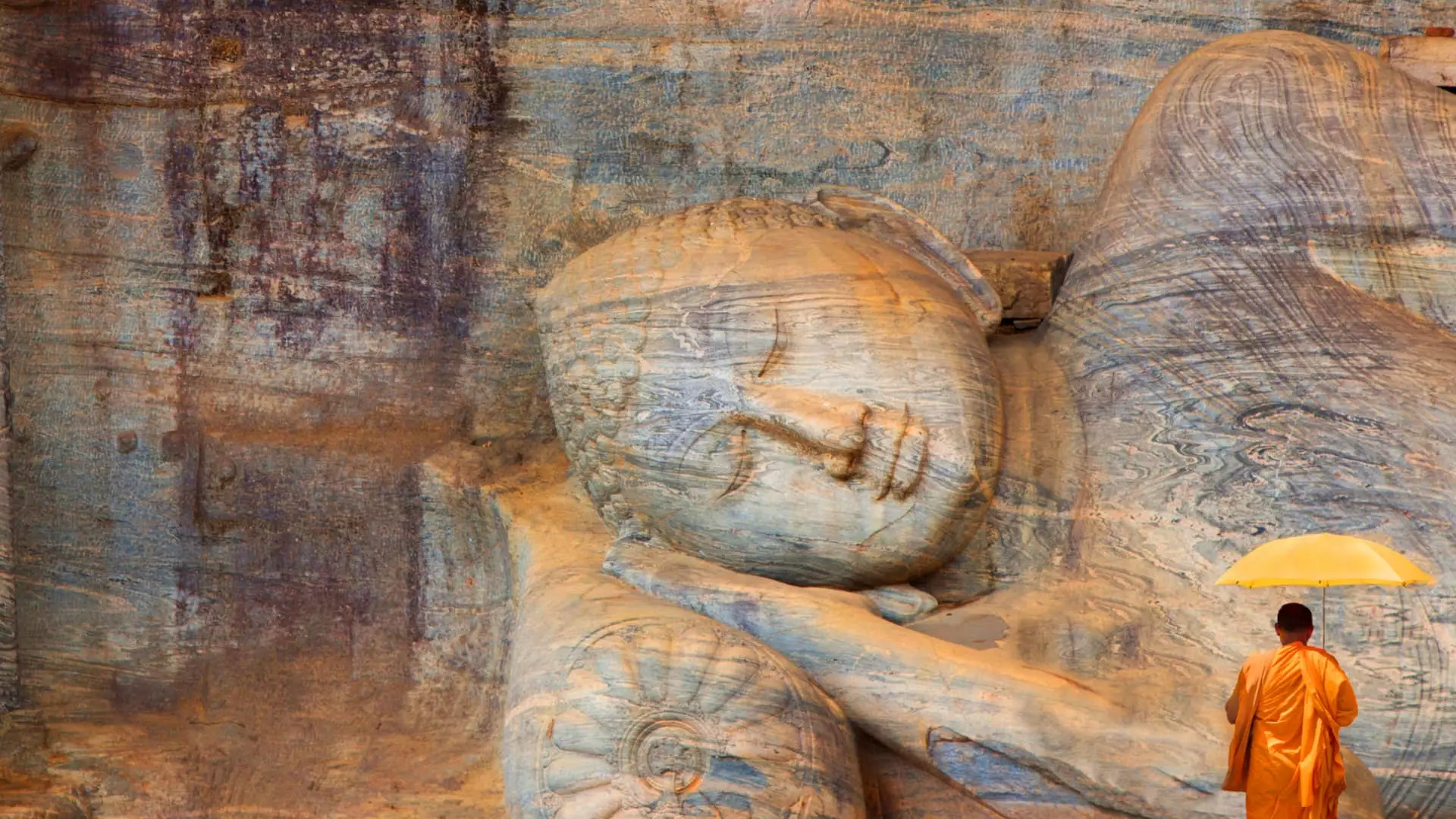Sri Lanka’s Tourism Minister Harin Fernando recently stated that the calls for Indian travelers to boycott the Maldives have been “absolutely” beneficial for Sri Lanka’s tourism industry. This was in reference to a social media dispute in January that led to a significant decrease in Indian tourists visiting the Maldives. India, which was the largest source market for the Maldives in 2023, has now dropped to 6th place behind countries like China, Russia, the United Kingdom, Italy, and Germany.
In contrast to the decline in Indian tourists to the Maldives, Sri Lanka has witnessed a surge in visitors. In January alone, nearly 34,400 Indian travelers visited Sri Lanka, more than double the number from the previous year. The first quarter of 2024 saw an increase in arrivals compared to the same period in 2023, despite a temporary drop in April due to a visa controversy that raised the price of Sri Lankan visas.
Minister Fernando also highlighted the strong ties between Sri Lanka and India, both in terms of business and tourism. He emphasized that Sri Lanka offers more value to Indian travelers with its beaches, casinos, shopping opportunities, and the Ramayana Trail, which features sites referenced in the ancient Hindu epic. Additionally, the connectivity between the two countries, with Sri Lankan Airlines operating 80 flights per week to Indian airports, plays a crucial role in attracting Indian tourists.
India is projected to become the world’s fourth-largest spender on travel by 2030, a forecast that bodes well for Sri Lanka’s tourism industry. Minister Fernando expressed optimism about the growing Indian economy benefiting Sri Lanka and mentioned the substantial investments made by Indian companies on the island. He also highlighted recent developments like the opening of a hotel by the ITC hotel chain in Sri Lanka and expressed hope for more global brands to invest in the country.
Fernando outlined plans to introduce adventure activities to appeal to younger travelers, such as hot air ballooning, skydiving, and diving to explore numerous shipwrecks from World War II in the surrounding waters. With the aim of capitalizing on the tourism boom, Sri Lanka intends to bring in musical acts and promote the country as an entertainment hub to attract a diverse range of tourists.
The repercussions of the Maldives boycott on Indian travelers have inadvertently benefited Sri Lanka’s tourism industry. The country has seen a surge in visitors from India, bolstered by its diverse attractions, strong ties with India, and promising forecast for growth in the travel sector. As Sri Lanka continues to expand its offerings and attract global investments, the future looks bright for its tourism sector.

